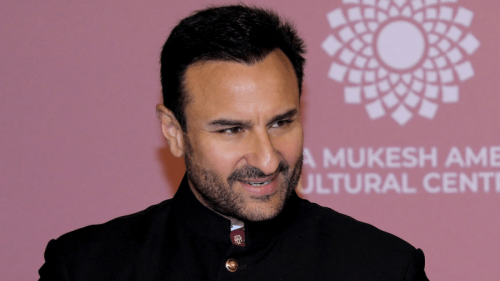MULTIPLE factors — the government’s inability to put its people first, a rickety health infrastructure, and ignorance among health professionals — have contributed to a situation where Pakistan is staring at an impending HIV/AIDS epidemic. Clearly, no lessons were learnt from the 2019 HIV eruption in Larkana. Hence, UNAIDS records show that HIV cases in Pakistan rose from 75,000 in 2010 to 270,000 in 2022. While HIV/AIDS cases decline globally, Pakistan has the second fastest rate of HIV increase in the Asia-Pacific region “due to the spread of the virus from the key populations to the general population through sexual network”. The Global Fund has named the country as a sub-recipient of its $72m aid for HIV, to be routed through the UNDP and the private sector. The Lancet projects HIV prevalence to be under 0.1pc in the general population; some 165,000 people live with HIV. But key populations — drug addicts, male and female sex workers, trans people, and same-sex partners — are in the grip of the affliction. These alarming figures also reveal that the majority remains at risk of increased transmission, as a fraction of patients have received the mandatory antiretroviral therapy.
For international health groups, HIV/AIDS, which spreads through contaminated syringes, blood transfusions and bodily fluids, is a disease of the poor. Therefore, the authorities must launch preventive strategies on a war footing. Battling the stigma attached to HIV is the first step, followed by an expansive testing programme for vulnerable populations to reduce the positivity rate, alongside awareness about volunteering for testing. Above all, our collective approach needs to transform so that health services can be accessed without shame. Providing healthcare, information and resources are the responsibility of the state and not the people. Policies should be built around the vulnerable to break the poverty cycle, keep girls in school and make health facilities safer. Social inequality cannot imperil a healthy future.
Published in Dawn, September 17th, 2024













































Dear visitor, the comments section is undergoing an overhaul and will return soon.